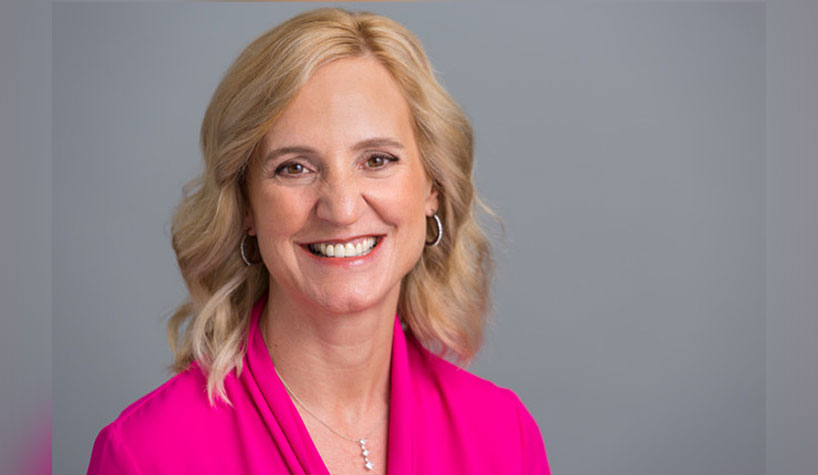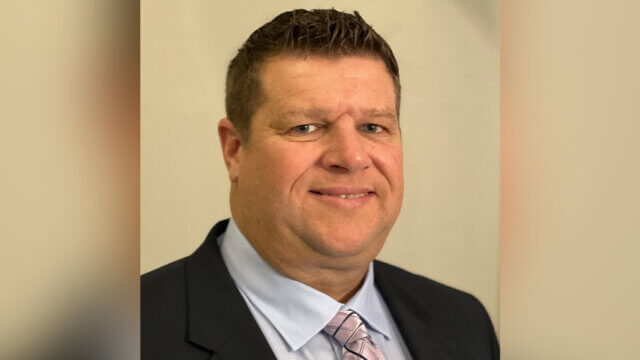By Toni Jacaruso
A third of Americans are working from home, many for the first time. Managing the fears of financial instability and COVID-19 while navigating a new reality presents a real challenge. A number of people have taken on additional roles in the workplace due to limited staffing, layoffs and furloughs. These new work responsibilities may coincide with new roles at home, such as kindergarten teacher, household chef and activities coordinator. Sound familiar? As a salesperson, you can likely relate. It is essential to understand that these challenges affecting you in your work environments are undoubtedly affecting your customers and your guests as well. How should salespeople take these factors into consideration for success with their effort?
Everything has changed, and so should your sales approach. You can no longer rely on the business segments that you counted on before, nor can you assume that your familiar ways of connection will secure conversations and customer appointments. With remote work environments and electronic communication the norm, you need to stand out to be heard. Now, more than ever, focusing on how you can provide what today’s customer expects will differentiate you from your competitors.
Here are five critical areas where guests need more information post COVID-19:
- Enhanced Cleaning and Sanitation Programs: Include specific actions that you are taking at the hotel level to keep guests safe. Include details like cleaning product information and new cleaning standards throughout the hotel. List options the guest has for housekeeping services and advise how the guest may access amenities such as clean linens, towels and personal products.
- Limited Points of Contact: Advise the customer on available communication options that limit direct contact for the guest with the hotel team but still allow for connection.
- F&B: Offer on-site options as well as any partnerships with local vendors for takeout, delivery or curbside pickup.
- Fitness Center/Workout Options: Provide all available options for fitness, including suggestions for in-room or outdoor physical activity.
- Pool and Spa: Communicate details regarding new cleaning protocols and social-distancing standards. Let guests know what to expect as far as personal protective equipment (PPE) required and any new policies or safety standards.
Sales calls look and feel different than what you may be used to. People find themselves talking on the phone more. Some prefer text communication. Many people have become accustomed to the pandemic’s virtual landscape, whether for a work meeting, school classroom, birthday party or staying connected with friends and family. Don’t expect this to go away soon.
Best Practices for Virtual Sales Calls
Follow these tips to ensure a positive experience for all parties involved when meeting virtually with clients:
- Be flexible. Use the client’s preferred method of communication–email, text or a virtual platform. You may need to get out of your comfort zone to meet the prospects in theirs.
- Know the platform. Many virtual platforms offer either meetings or webinars. Educate yourself on the different capabilities of each and use the appropriate one. Ensure that you have a good internet connection, properly functioning video and clear audio.
- Make sure your meetings are private. Limit the possibility of uninvited guests joining, which is crucial if you use the same platform for personal connections. Be aware of your background and surroundings. If you are working remotely, your background should be simple, private and professional.
- Prepare an agenda. Provide a clear purpose for your call. Manage and prepare for screen sharing by closing all other applications before your call and having your content easily accessible.
- Show empathy. Maintaining a work/life balance can be difficult when working remotely, especially if children are sharing your space. Understanding that your clients are juggling multiple obligations will help you communicate more effectively with them. Respect the distractions and show empathy. Use this shared experience as a way to connect with them. Offer flexibility and work with their schedules.
- Wear pants. Seriously. It’s always a good idea.
New Learning Curve for Everyone
With the lack of cross-training and new job roles, many of your customers are not only working remotely and taking on additional job titles, they may also be booking hotel reservations for the first time. New responsibilities can be overwhelming on their own, not to mention the pandemic on top of it. They may not know the questions to ask and may have limited experience in negotiating hotel contracts. Use this time to answer client questions, educate them on the process and offer solutions.
When working with new, inexperienced customers and anxiety-ridden travelers during and post pandemic, it is essential to ask the right questions. You will need to ask for multiple departments and be prepared to overcome new customer objections. Your success will be determined by how well you can infiltrate accounts and multiply room nights with referrals. Without hustle and extreme determination, your talent will only get you so far.
Here are a few must-ask questions to get the conversation started:
- What do your travel needs look like right now during COVID-19?
- During and post COVID-19, what types of accommodations meet your organization’s needs today? Do you foresee that changing?
- What would need to happen for our hotel accommodations to exceed expectations?
- Who else within your organization should I be speaking with?
Rethink your strategy and cast large nets. It’s time to take a new perspective on the details of new backyard and market opportunities. You should be considering business opportunities that you may not have in the past. You need to cast wide nets to capitalize on all potential travelers in our market, submarket and greater metropolitan service area. As travel resumes, it is important to stay educated and updated on the market’s available opportunities.
With many hotels, venues and businesses temporarily or permanently closed, your market dynamics have changed. The physical aspects of your backyard have altered, and there is a new traveler today with new expectations. Your backyard just got a lot bigger. You may want to execute a further competitive analysis. Instead of looking at competitors within a three to five mile range, you may be going out as far as 30 miles. Depending on the availability of hotels in feeder cities, travelers may now be willing to drive the extra miles to stay with you. You may also be an option for a previous competitor’s top accounts if they are no longer open. Don’t assume that a piece of business isn’t the right fit for your hotel until you have all of the details.
Travel has changed and so have the ways we communicate and work. Proactively adjusting to these new realities leads to more sales success.
Toni Jacaruso is the CEO of Jacaruso Enterprises Inc. The company provides remote hotel sales services and virtual learning on navigating COVID-19 to more than 800 hotels in the U.S., Canada, Mexico and Latin America.
This is a contributed piece to Hotel Business, authored by an industry professional. The thoughts expressed are the perspective of the bylined individual.



